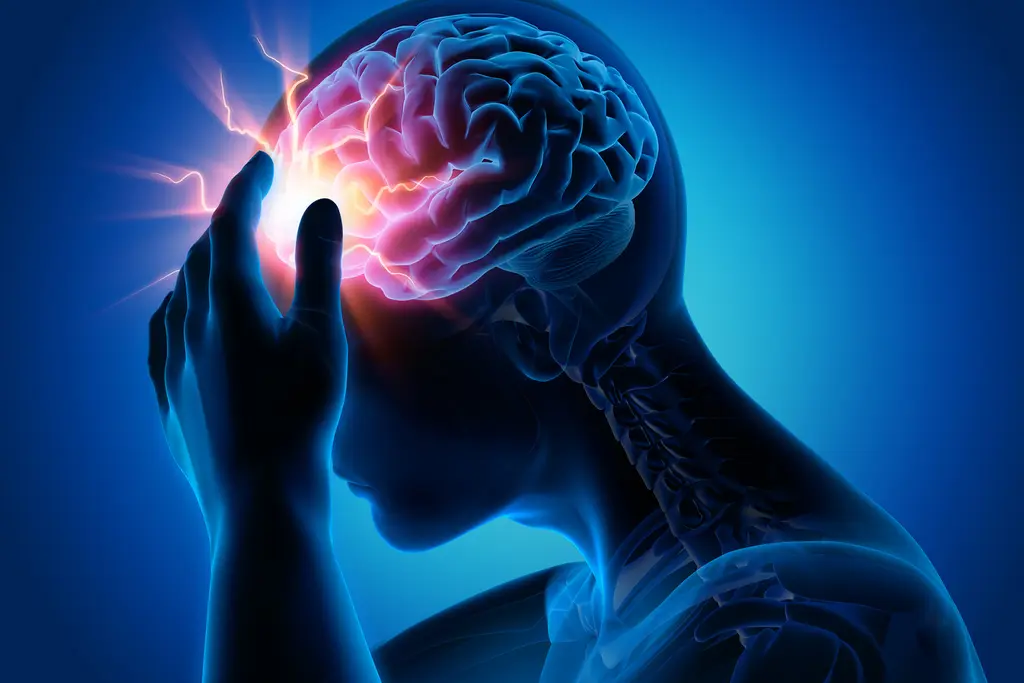
Statistically speaking, Black Americans have lower rates of depression than white Americans. But when Black people have depression, it tends to be more severe, persistent, and difficult to treat.
The difference is more about systemic racism and social, economic, and health system problems than any real differences in the types of depression that white people and Black people get. Here’s what you should know.
A History of Abuse
Among Black Americans and many other non-white people in the United States, distrust of doctors and the health care system is pretty common. Historically, Black Americans have faced abuse, poor treatment, and undertreatment in health care. This can make some Black people hesitant to seek care in the first place.
Unequal Access to Mental Health Care
When you do set out to get mental health care, it can be a complex process. First, you have to find a mental health care provider. Unfortunately, this first step tends to be more difficult for Black people than white people.
To start, for people who have it, health insurance plays an important role in their search for a mental health specialist. As of 2021, 12.7% of working-age Black Americans were without health insurance, while only 7.5% of white Americans were. Without health insurance, finding a provider that’s helpful and affordable can be extremely difficult. In fact, only 1 out of every 3 Black adults with mental illness get treatment for it.
Too Few Black Doctors
Just because you find a health care provider doesn’t mean you will get the care and treatment you need. Some Black people may avoid mental health care because of a major lack of doctors in the mental health profession who look like them. The racial makeup of the psychiatric care workforce is overwhelmingly lopsided: 84% is white while only 4% is Black.
The person that cares for you impacts your treatment in a lot of different ways. If, as a Black person, you get care in an overwhelmingly white system, you may face bias or feel that your doctor doesn’t understand people of your background. These negative experiences can make you less likely to stick with your care.
Studies show that communications because white doctors and Black patients are different from those between white doctors and white patients. In one analysis, researchers found that white doctors gave Black patients less time to talk during visits than they gave their white patients. That is, the white doctors dominated the conversation more with Black patients. Researchers also observed less positive affect – just general warmth and cheerfulness – between white doctors and Black patients than white patients.
White doctors may also be more likely to misunderstand Black people’s mental health complaints. Studies show that Black people are more likely to describe the physical symptoms of depression, such as tiredness and loss of appetite, than emotional problems like sadness and hopelessness. A specialist who is not Black might not recognize these as the tell-tale signs of depression. If the doctor gets the diagnosis wrong, the patient doesn’t get the right treatment. In fact, Black Americans are generally less likely than the general population to be offered evidence-based treatment for their symptoms.
Too Little Information About Black People’s Health
Non-Black doctors may misunderstand their Black patients' health concerns because of an overall lack of information about how mental health conditions affect Black people. Black Americans aren’t included in mental health research, or any medical research, as often as white Americans are. Clinical trials and other studies about human health are overwhelmingly made up of white people. All of this leads to a lot of misdiagnoses of Black people living with depression. Many Black Americans with depression, for example, get misdiagnosed with schizophrenia instead. This means, once again, that those patients don’t get the right treatment.
A Vicious Cycle
If you don’t get mental health care or don’t get an accurate diagnosis, you’re not going to get the treatment you need. Untreated depression can become a long-term problem that gets worse. It can also lead to other health problems.
Take Charge of Your Mental Health Care
Fortunately, you are not the first Black person to have depression. Many resources tailored to the mental health needs of Black Americans are available to you.
Check out the information available at these links:
- Black, Indigenous and People of Color Mental Health Provider Directories, a list of links to directories of mental health care providers of color.
- The Boris Lawrence Henson Foundation, resources that focus reduction of stigma (including self-stigma) around mental health and building trust between Black people and the mental health field.
- Black Mental Alliance, an organization that offers researched-based information and resources about mental health and behavioral health topics from a Black perspective.
- Melanin, and Mental Health, a minority provider directory, educational resources, and mental health and wellness events.
It may not be possible to find a doctor whose skin is the same color as yours, or that may not be your goal. There are steps you can take to get the best possible care from a doctor of any color.
Try these:
- Ask family and friends for recommendations of doctors they trust.
- Arrive at your appointment with a notebook and a list of questions.
- Ask to see the record of your visit to make sure your doctor has understood your complaints.
- If you are comfortable, bring a close friend or family member to the appointment with you. Studies show that the presence of a friend or relative as an advocate helps patients build rapport with their doctor.
- If you have a bad experience with a doctor, say something. Contact a supervisor and fill out patient satisfaction surveys honestly.
Show Sources
Photo Credit: SDI Productions / Getty Images
SOURCES:
American Psychological Association: “Psychology’s workforce is becoming more diverse, Psychologists are working to diversify the undergrad curriculum and make classrooms more inclusive,” “In search of cultural competence.”
Mayo Clinic: “Depression (major depressive disorder).”
U.S. Census Bureau Library: “Health Insurance Coverage in the United States: 2021.”
Psychiatry.org: “Mental Health Disparities: African American.”
National Alliance on Mental Illness: “Black/African American.”
Mental Health American: “Black and African American Communities and Mental Health.”
National Library of Medicine: “Patient race/ethnicity and quality of patient-physician communication during medical visits,” “Racial and ethnic differences in depression: current perspectives.”
Johns Hopkins Medicine: “Depression: What You Need to Know as You Age.”
CDC: “Cultural Competence In Health And Human Services.”
Michigan Health Lab: “Minority Patients Benefit From Having Minority Doctors, But That’s a Hard Match to Make.”
